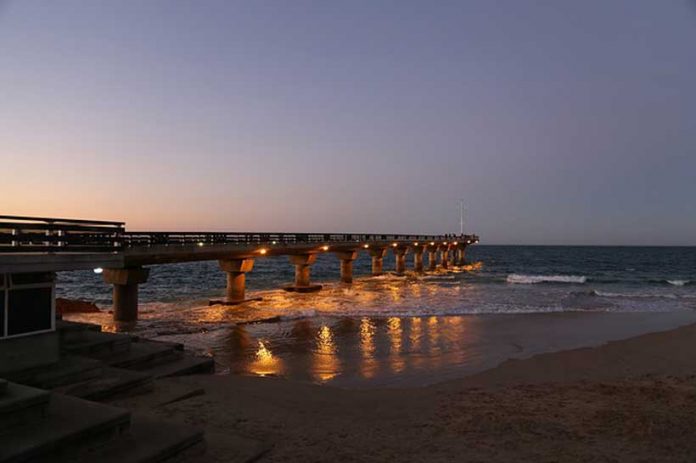The coast of South Africa’s Kwazulu-Natal province looks like it was pulled from a postcard, with wide, sandy beaches stretching for some 600 kilometres. International and local tourists flock here in normal times, drawn to the warm Indian Ocean waters for surfing, relaxation, and glimpses of spectacular wildlife, like loggerhead turtles.
But heavy rains can transform this beautiful coast in a flash. Downpours accelerate the flow of polluted upstream rivers, sending their litter cascading into the sea, including around the city of Durban. After a storm, heaps of plastic bags and bottles pile up on Durban’s shores with the current transporting some rubbish hundreds of kilometers down the coast.
What’s happening to Kwazulu-Natal’s beaches is part of a larger marine litter crisis in South Africa. Every year, between 90,000 and 250,000 tonnes of rubbish enter the oceans that surround the country. This marine litter can damage ship engines and propellers. It becomes entangled in nets and other fishing equipment. It drives away tourists. It’s often ingested by birds, mammals, and fish, causing them to choke or become sick. And it can find its way into the human food chain. Read more…



